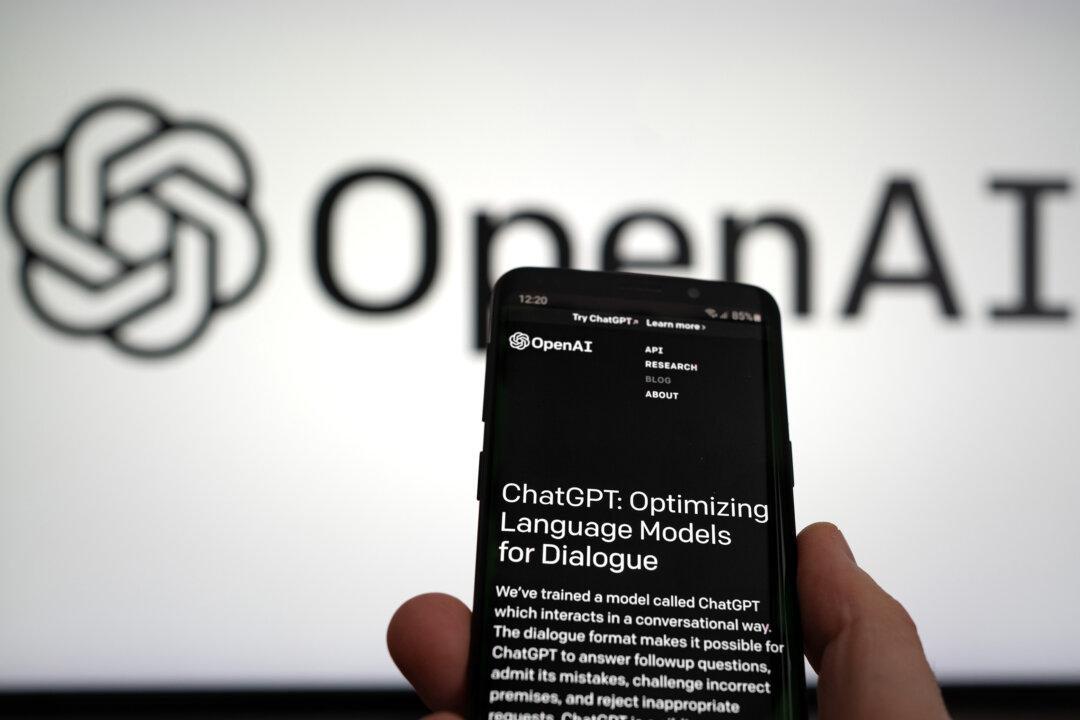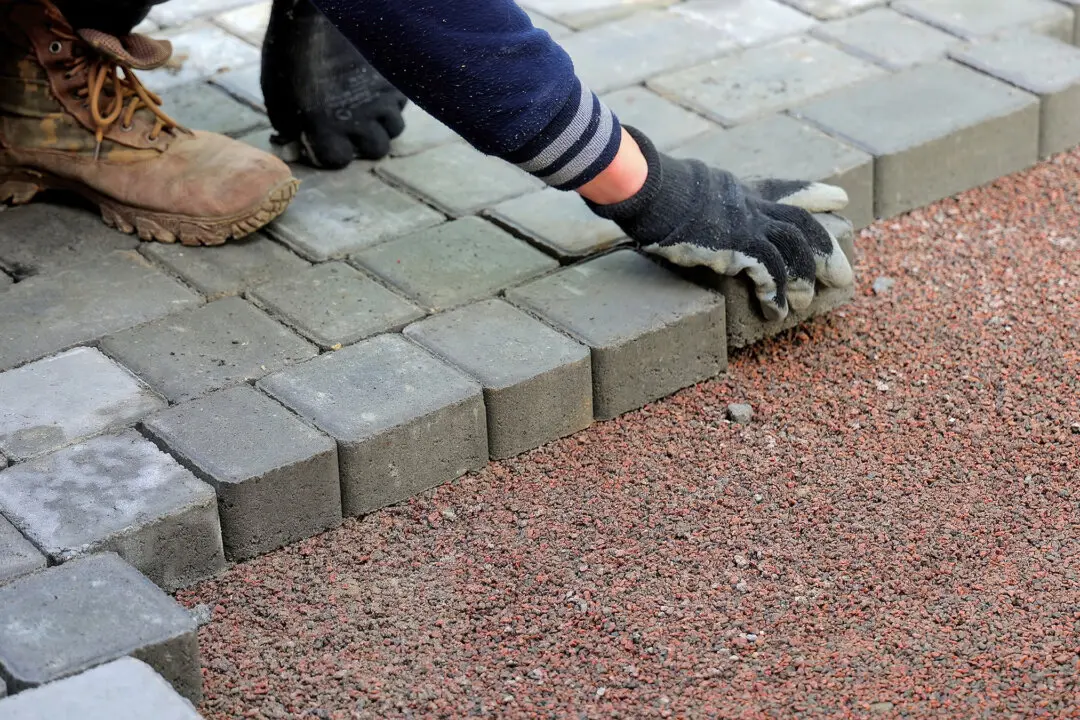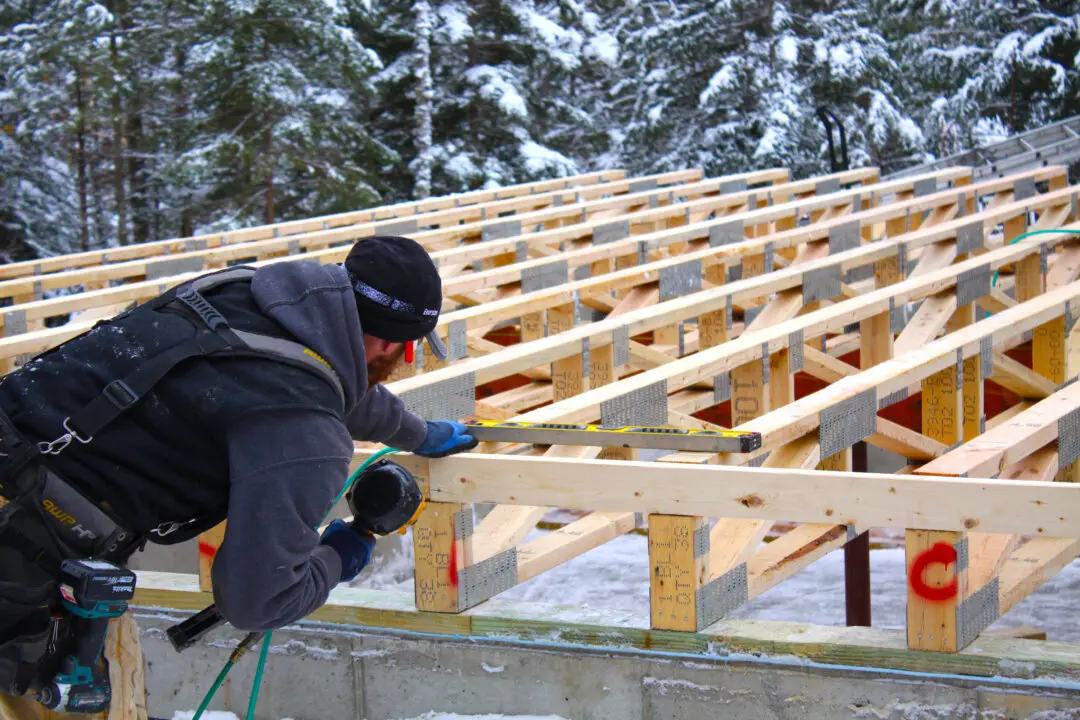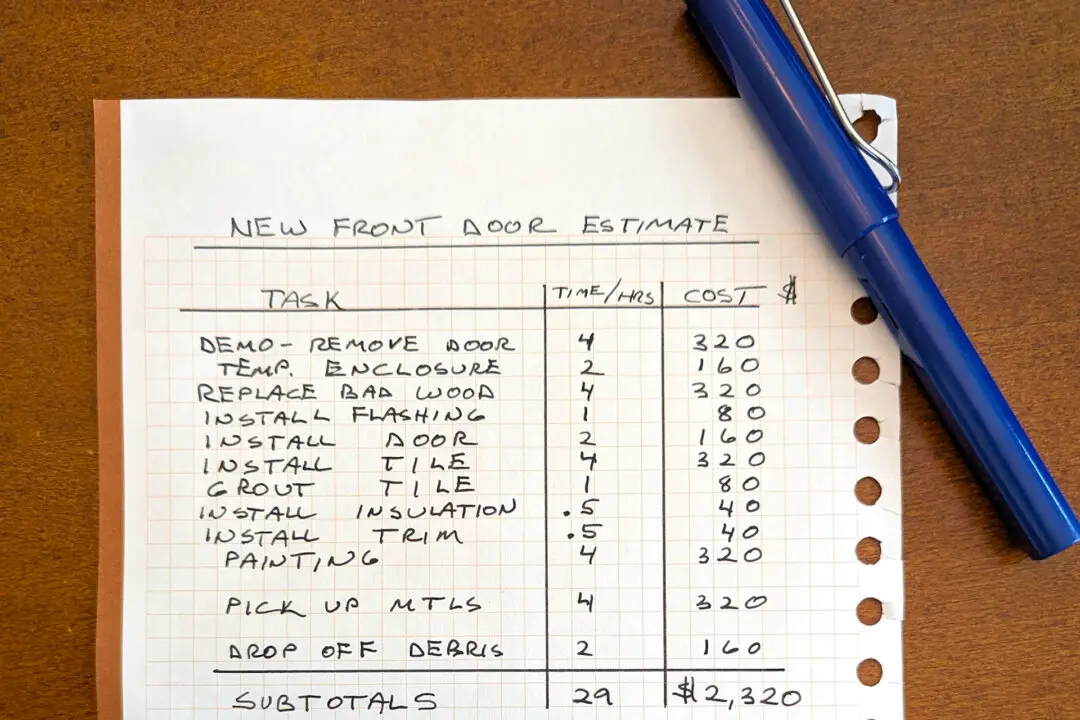I’m celebrating my 30th year of doing my best to protect you against home improvement scams, subpar products, and all the pitfalls of building, remodeling or maintaining your home. I’ve stood up to billion-dollar corporations to prevail on your behalf. But now I’m here to alert you of something far more sinister.
Have you been paying attention to the rise of artificial intelligence (AI)? In the past few months, it’s made a fairly big splash—in particular, a chatbot called ChatGPT—and it must be on your radar.
Years ago I was a charter member of a secret Internet mastermind group. Most of the people in the group were brilliant, and collectively we helped each other’s online businesses grow and thrive. Several of us are still in touch, and recently one of them assisted me in demonstrating the scary power of artificial intelligence.
You may remember a column I wrote just weeks ago about painting rusty metal. My friend asked the ChatGPT AI software to write a similar column and include an anecdote about my oldest daughter in the 500-word column.
I then decided to survey the subscribers of my weekly newsletter. I asked them to read the AI column and then read the one I had written. I did not share with them who authored the two columns. I have a link at the end of this column to a page where you can read the columns.
When I asked my subscribers how authoritative each column was, the results shocked me. Just over 51% considered the ChatGPT column very authoritative. Slightly more than 54% thought that my column was very authoritative. When asked which column they trusted more, just over 75% voted for mine. Remember, at the time they made the above choices they had no idea who wrote either column.
In the last question of the survey, I asked, “If you discovered one of the two articles above was written by software that copied parts of other online articles not knowing what was good or bad information within the articles it copied, what would be your reaction?
Just over 77% of the respondents said they’d be upset and unhappy. Fourteen percent didn’t care, as they just wanted to know how to paint rusty metal. The remainder of the respondents typed in their own responses. If I had to summarize all of these into one, here’s what it would be: “Aw! I’m shocked and my mouth is hanging open! They’re both great articles, but No. 1 does seem more scientific and well researched. No. 2 is folksy. I’m still shocked!”
The AI software goes out onto the Internet and scrapes content from millions of websites and then studies the content for patterns. The deeply troubling thing is that the software can’t think like you and I. It has no idea if some of the content it scraped is filled with errors.
Perhaps the best comparison to content created by AI software is to think what a genius kindergartener might write. But then realize how much life experience that 5-year-old has. How much confidence would you put in an AI column you were reading just before signing a contract for a $75,000 home improvement project?
Remember how ChatGPT was asked to create a story about my oldest daughter and me? It did write the short anecdote, but it was all a lie. The story it created never happened. How will you be able to tell in the future what is the truth and what is a lie when the AI software starts to create false stories to ensnare you?
Quite a few of my subscribers, once I revealed they had been faked out by a computer, said that they’d invest the time online to get more opinions about what they should do when faced with a problem. Do you see the flaw here moving down the timeline? What percentage of the content in the future will have been created by AI software? How will you know what was created by a human like me who has 40 years of field experience vs. a computer that’s just trying to guess at what the correct answer is?
This AI plague is not just overtaking the written word. It’s also being used to create fake videos. The deep fakes possible today are so realistic that they fool many professionals. You can upload photos of people you know, or home improvement celebrities, and the AI software will create videos you think the actual person recorded. It can even get their voice right. Realize this is happening in 2023.
What is going to happen by 2025, or 2030? I think your best bet will be to try to find and stick close to humans like me who have decades of experience working in the homes of people like you. I guess within 50 years robots will be able to say they did that, but we’re not there just yet.
Go here to read the ChatGPT content. Be SURE you type the word GO followed by a period before askthebuilder: https://go.askthebuilder.com/AI.





